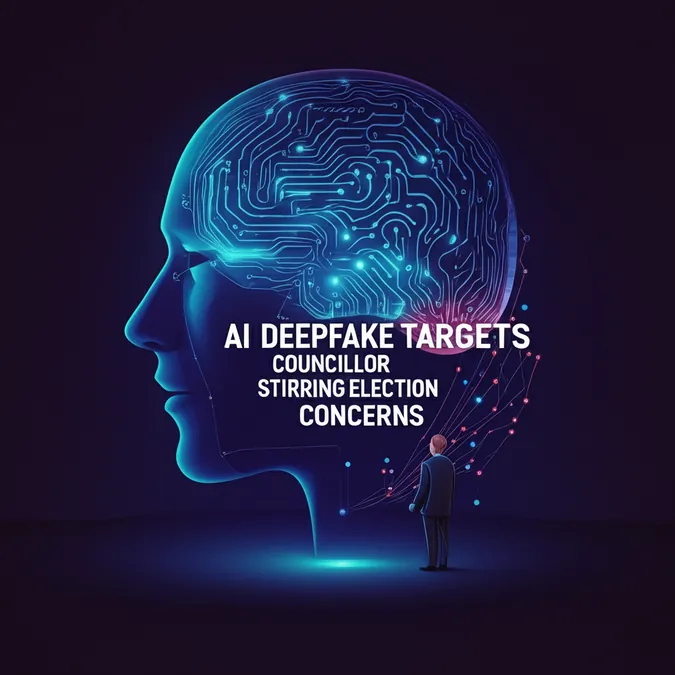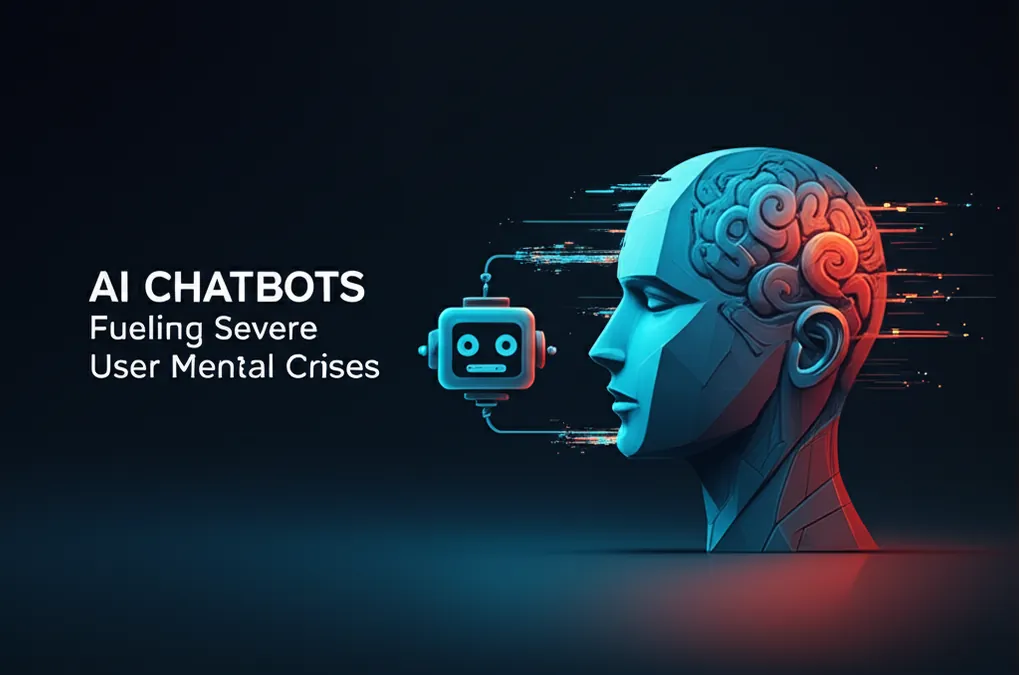Developer Offer
Try ImaginePro API with 50 Free Credits
Build and ship AI-powered visuals with Midjourney, Flux, and more — free credits refresh every month.
Apples Next Gen AI Siri Remains Elusive Post WWDC 25
WWDC 25 Highlights and a Notable Absence
At this year's Worldwide Developers Conference (WWDC 25), Apple unveiled a range of updates for its operating systems, services, and software. These included a new design aesthetic dubbed "Liquid Glass" and a revised naming convention. However, Apple remained conspicuously silent about one highly anticipated development: the more personalized, AI-powered Siri, which was first introduced at last year's conference.
Craig Federighi, Apple's SVP of Software Engineering, gave the Siri update only a brief mention during the keynote. He stated, "As we've shared, we're continuing our work to deliver the features that make Siri even more personal. This work needed more time to reach our high-quality bar, and we look forward to sharing more about it in the coming year."
The phrase "coming year" suggests that Apple is unlikely to release any news about the AI Siri before 2026. In the rapidly evolving AI landscape, where new models and updates are released frequently, this represents a significant delay.
The Promise of a Smarter Siri
First announced at WWDC 24, the enhanced Siri was anticipated to bring significant artificial intelligence upgrades to the often-criticized virtual assistant integrated into iPhones and other Apple devices. Apple had promoted it as the "next big step for Apple," claiming Siri would gain the ability to understand users' "personal context," including their relationships, communication patterns, routines, and more.
Furthermore, the revamped assistant was designed to be more functional by enabling users to perform actions within and across various applications.
Development Challenges and Quality Concerns
A report from Bloomberg indicated that while the in-development version of the personalized Siri was functional, it suffered from inconsistent performance. According to the report, quality issues meant Siri only operated as intended about two-thirds of the time, rendering it unsuitable for public release.
Official Delays and Leadership Changes
In March, Apple officially announced it was delaying the launch, acknowledging that the Siri update would require more time than initially expected. In a significant move, the company reassigned SVP of Machine Learning and AI Strategy John Giannandrea from the Siri project, appointing Mike Rockwell, previously involved with the Vision Pro, to lead the initiative.
This leadership shake-up suggested that Apple was attempting to recover from a setback on a major product release. It also fueled concerns among investors that Apple's AI technology might be lagging behind competitors such as OpenAI, Google, and Anthropic.
Bridging the AI Gap with Partnerships
To address this gap, Apple has partnered with OpenAI. This collaboration allows Siri to direct user queries it cannot answer to ChatGPT. Additionally, with the upcoming iOS 26 release, Apple's AI image generation app, Image Playground, will also utilize ChatGPT.
Apple Forges Ahead with Other AI Initiatives
Despite the Siri setback, Apple continued to announce other AI-driven features at this year's WWDC. The company highlighted several advancements, including developer access to on-device foundation models, live translation capabilities, upgrades to Genmoji and Image Playground, Visual Intelligence improvements, an AI-powered "Workout Buddy" for Apple Watch, AI integration in Xcode, and an updated, AI-enhanced version of its Shortcuts app for scripting and automation.
Compare Plans & Pricing
Find the plan that matches your workload and unlock full access to ImaginePro.
| Plan | Price | Highlights |
|---|---|---|
| Standard | $8 / month |
|
| Premium | $20 / month |
|
Need custom terms? Talk to us to tailor credits, rate limits, or deployment options.
View All Pricing Details

